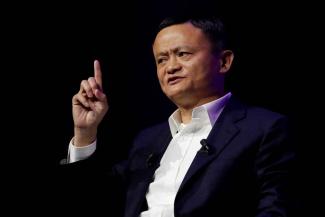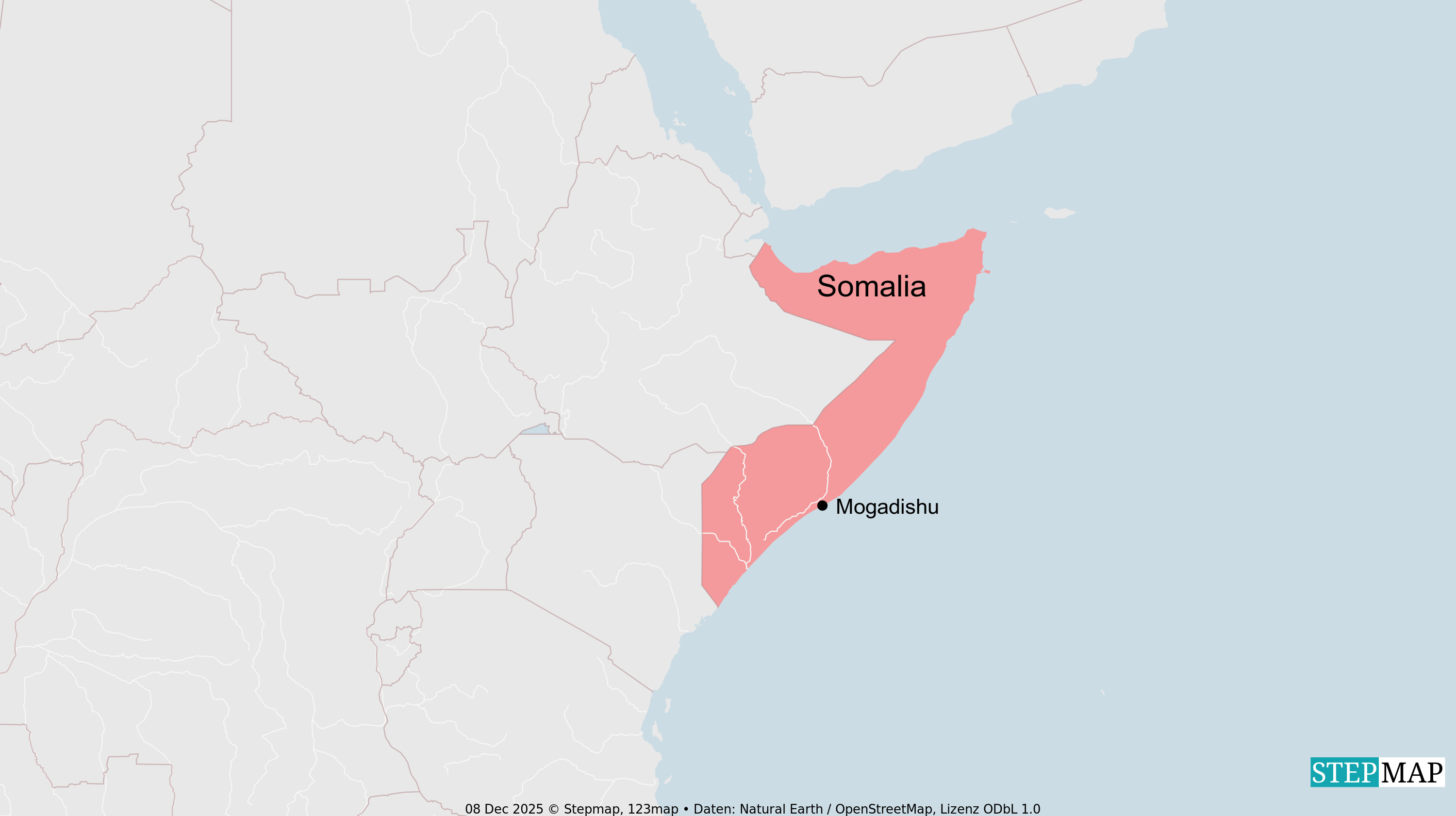Political economy
How Xi Jinping is exacerbating China’s economic misery

China’s decades-long economic miracle seems to have come to an end. Youth unemployment is high, and deflation is a new challenge, with falling prices particularly affecting real estate. This is not what international observers had expected. Most believed the Chinese economy would rebound fast from the coronavirus slump once sanctions were lifted. Instead, a sense of gloom now prevails.
There are macroeconomic reasons. In particular, real-estate developers and local governments seem to be over-indebted. Moreover, the working-age population has begun to shrink. What gets less attention, however, is that President Xi Jinping’s increasingly totalitarian grip on power is also contributing to the problems.
While market dynamism may not depend on governments being elected, it does require the rule of law and civic liberties. If there are no independent courts, property rights are not safe. Where investors must always fear that criminal action or government intervention may deprive them of their gains, they will do their best to deposit savings abroad rather than to spend them on new productive capacities at the domestic level.
Lack of reliable information and solid analysis
Moreover, investors need reliable information to assess what kind of investment is likely to prove financially rewarding. When governments suppress open debate, neither trustworthy market research nor solid economic analysis are possible. As a result, financial markets cannot perform effectively.
China recently stopped publishing data on youth employment. The regime obviously does not want people to understand the full depth of current misery. Investors, however, do not appreciate markets where such fundamental information is not available. Potential entrepreneurs, moreover, are aware of how Jack Ma, China’s most prominent and super-rich technology investor, suddenly disappeared from public life because the government no longer approved of him. No, events like this do not motivate people to launch start-up businesses.
The People’s Republic never had a free press, of course, but there used to be a broad diversity of websites that discussed business affairs. This debate is dying down, giving way to more conformist posts which basically toe the Communist Party’s line. Accordingly, the investment climate is deteriorating.
Research needs civil liberties too
Not only the economy needs a minimum level of civil liberties. Freedom of speech similarly matters in the fields of science and technology. Innovation is stifled where researchers feel that they must be careful about expressing ideas. In any case, whether research results are valid, can only be decided by those who understand the underlying theories and methods. If scientifically incompetent governments make the final assessment, both fundamental research and technological development become distorted and unreliable.
In a feedback loop, such distortions further undermine the investment climate because if neither the scope, nor the limits of new technological options are assessed in peer debate, it becomes riskier to introduce business innovations based on those options.
As a matter of fact, such concerns even matter in the field of artificial intelligence (AI). AI systems are known to make mistakes, so they need critical human supervision. Such supervision, however, is thwarted where independent thinking and open debate are discouraged.
The full truth is that China’s regime is no longer prioritising economic development. The country’s economic boom resulted from incremental but increasing liberalisation from the 1980s on.
In the first decade of this century, western observers – myself included – expected that continued economic success would lead to further liberalisation. Unfortunately, it did not turn out that way. Some now argue that it was wrong to believe that greater prosperity would lead to a greater demand for political freedom.
I disagree. People’s desire for democracy was not the only reason why further liberalisation looked probable. In my eyes, it was always equally important that economic dynamism needs both legal certainty and open exchange of opinions. It is important to understand that Xi Jinping’s authoritarianism is not making China stronger. It is tightening his grip on power but weakening the economy at the same time. Its success, however, so far has been the main foundation of the Communist regime’s legitimacy in its people’s eyes.
Authoritarian tendencies in western countries
What none of us predicted around the turn of the millennium was that authoritarian tendencies would grow strong in western democracies. This trend is actually even more disturbing than China’s failure to liberalise as expected. The kind of political obstacles to business that are now evident in China would obviously affect the USA in a similar way should Donald Trump return to the White House. It is bewildering that some plutocratic oligarchs still have a pattern of supporting him. Obviously, they are not interested in dynamic market competition, but hope to avoid taxes and regulations. They seem to ignore the fate of Jack Ma.
Russia too, of course, shows that oligarchs are not safe under authoritarian rule. And the history of the Soviet Union shows that a totalitarian regime may succeed at developing sophisticated weaponry – but is unable to translate technological progress into innovative products and – ultimately – prosperity.
Hans Dembowski is the editor in chief of D+C/E+Z.
euz.editor@dandc.eu















